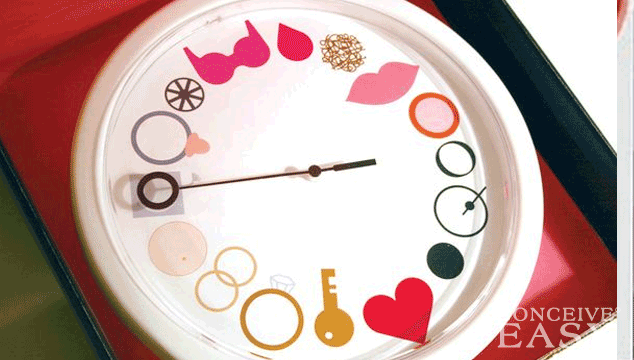
If you are 43 and trying to get pregnant, you are probably well aware that time is of the essence. You probably also know that as you get older, your chances of conceiving naturally get smaller and smaller. Forty three is also a huge drop off age when it comes to female fertility. In fact, once a woman hits age 43, her chance of conceiving via intercourse is only one percent in any given month. Women who are trying to get pregnant at age 43 know that the odds are stacked against them. So, what are the options? Claim Your 20 Free Pregnancy Tests – Click Here

Women who are over the age of 40 and are trying to conceive have many things to be aware of. First of all, the older a woman is, the greater her chance for miscarriage is. Also, the greater her chance of genetic defects, like Down Syndrome will be. Women over age 40 have a 1 in 356 chance of conceiving a child with a chromosomal abnormality, compared to 1 in 356 for women age 20. There is also a greater chance of neural tube defects for moms over 40, but doctors say that taking a prenatal vitamin for a few months before trying to conceive will lower those chances. Women should also make sure that their weight is under control before trying to get pregnant after age 40, since weight plays such an important role in fertility. Doctors recommend that women go in for a mammogram also if they are trying to conceive after age 40, just to rule out breast cancer. Even if you follow all of these recommendations, the ugly truth is that most women over age 43 just do not conceive naturally.

There are other options besides natural conception for women over 40 who want to get pregnant. Fertility drugs like Clomid could work. Also, IVF is sometimes an option, although it is not always feasible. IVF in women over 42 only results in an 8.8 percent chance of conception and a 6.8 percent chance of live birth per transfer, according to the Society for Assisted Reproductive Technology, or SART. Donor eggs are usually recommended for women over age 41. There is much more success associated with donor eggs, and women over 40 do not have to deal with the increased risk of breast cancer that comes along with hyper stimulating a woman’s ovaries. Using donor eggs increases a woman’s chances of a successful pregnancy to between 37 and 50 percent. As you can see, this is a huge increase. For women who are 43 and trying to conceive, there are not many options, but there are some that can work for many women.










Comments